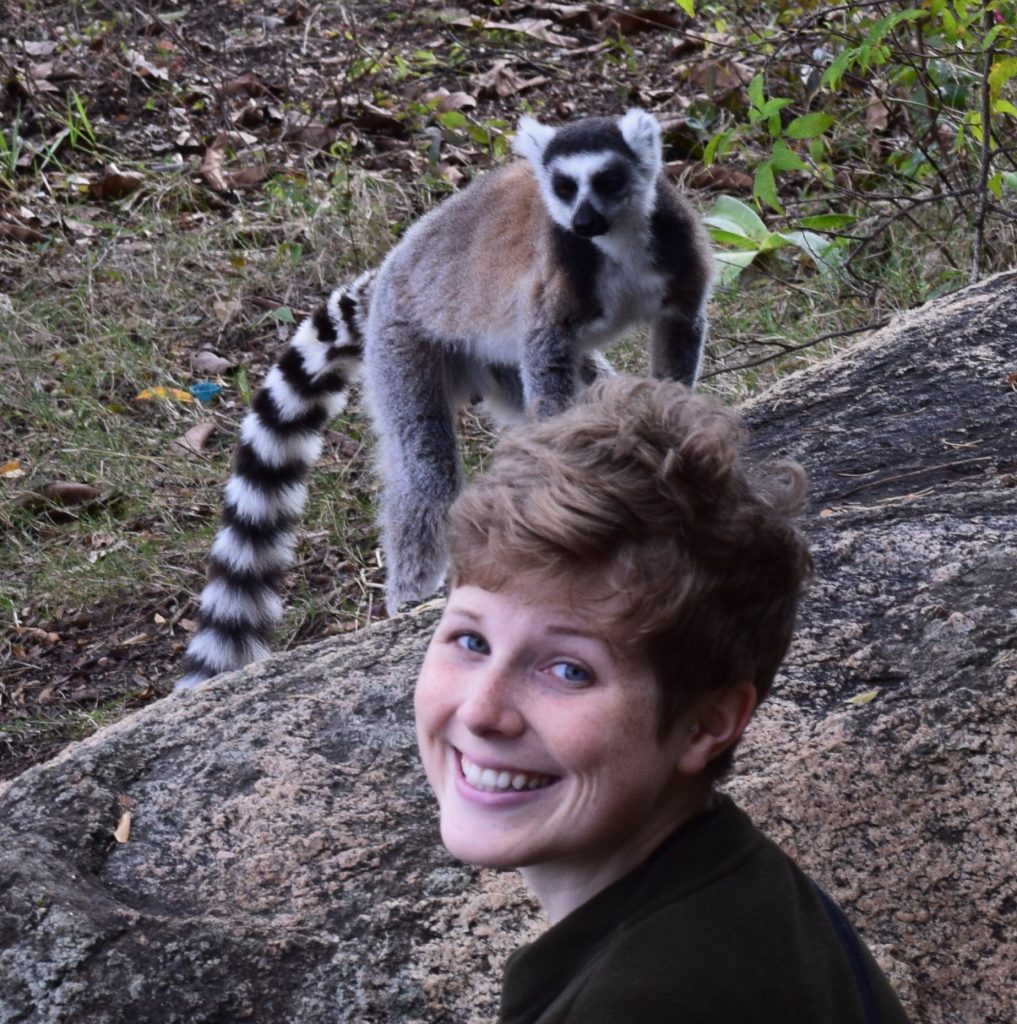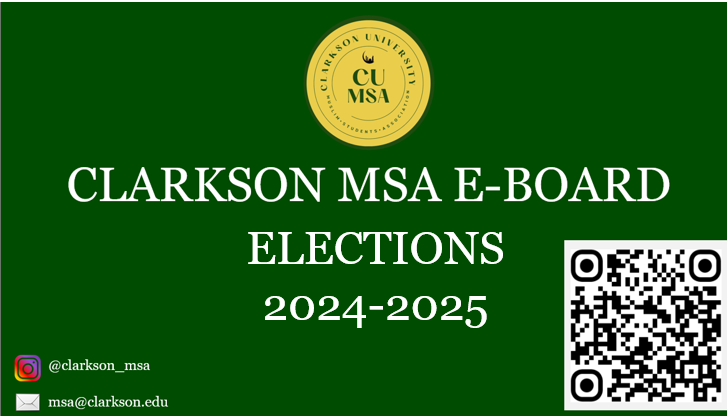Clarkson University Biology PhD student Alicia Lamb will present Primates and Poop: The Importance of Non-Invasive Data Collection from Wild Lemurs & Bonobos at the next Clarkson University Science Café at 7:15 p.m on Wednesday, February 24.

How can conservation scientists effectively monitor the health status of endangered species in the wild? They must go to the source! When it comes to using careful, responsible and non-invasive methods of data collection while evaluating endangered animals in their natural habitat, one of the best methods involves collecting and studying the waste of these at-risk species. Fecal matter contains a wealth of clues about the species’ biological and social health – from diet composition to disease prevalence and even the amount of stress individuals are experiencing. Analyses of the gut microbiome, the trillions of bacteria living in the digestive tract of mammals, can also provide critical insight into differences between populations of the same species. Alicia Lamb (Biology PhD Student, Clarkson University) will present fascinating firsthand experiences studying wild primate species, such as lemurs of Madagascar and bonobos in the Congo, and the valuable information we can learn from their feces.
Traditionally, Science Cafés have brought together local university and college professors and townspeople in relaxed, informal settings, such as coffeehouses and pubs. For the health and safety of all, we have shifted to ZOOM, a virtual platform for the spring 2021 talks. The speaker will make a short presentation about a topic in his or her field and, as always, there will be plenty of time for questions and discussion.
Not familiar with virtual event participation? We will use ZOOM which allows participants to connect with or without ZOOM installed on your device. Use the following link to access the Zoom Help Center, which offers information, instructions and assistance to new Zoom users. https://support.zoom.usZoom meeting links for each talk [required to access the meeting] will be sent to all Science Café participants on our mailing list. If we do not have your email address and you would like to attend, please send your request or any questions to ScienceCafe@Clarkson.edu or visit http://www.clarkson.edu/sciencecafe for updates.


